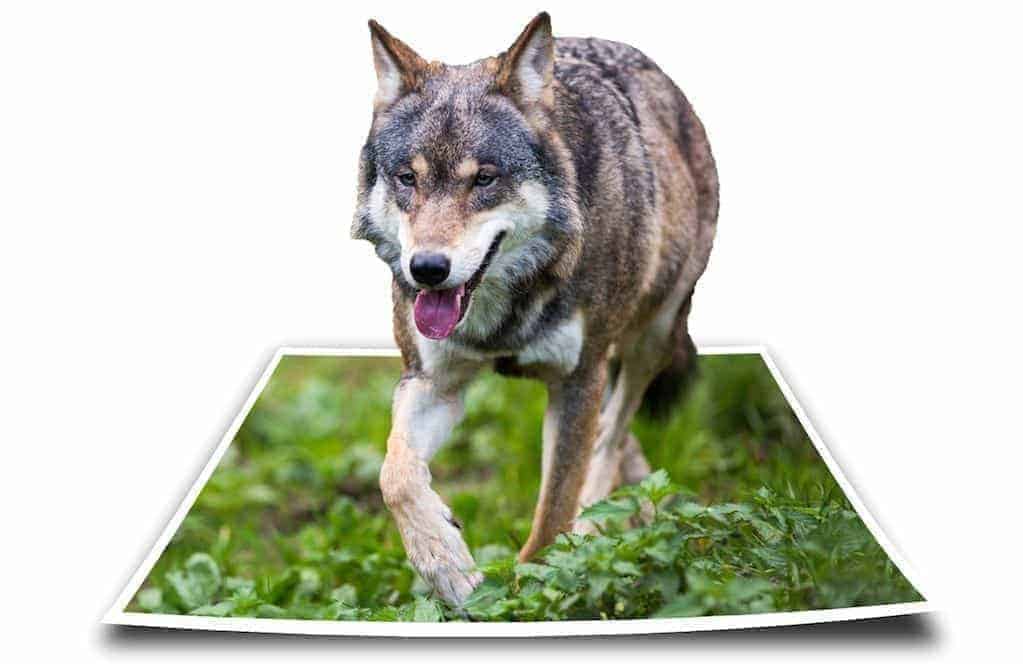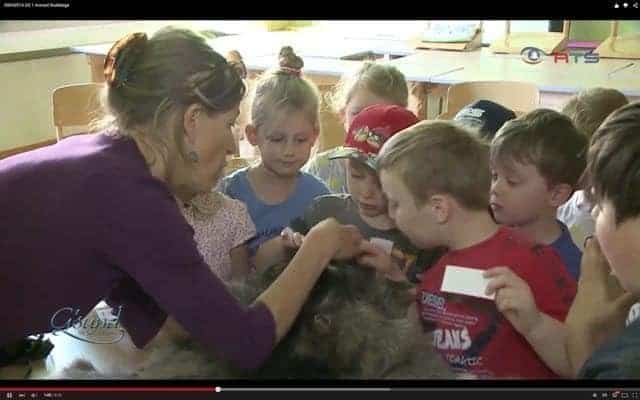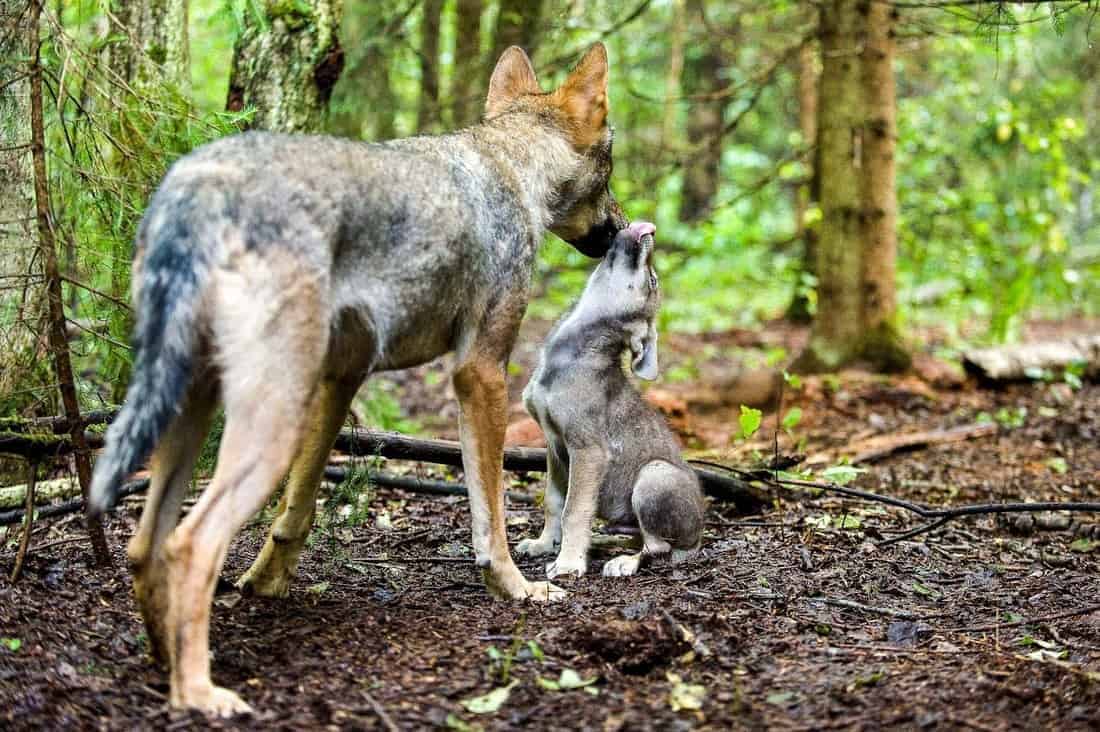Adaption as remedy for wolf – farmer dilemma
Change can come in our life as a result of crisis, a result of choice, or just by chance. But fact is, we cannot avoid change. The question is, are we capable to adapt our lives to the new situation? A specific new situation has caused many conflicts over the years: the return of the wolf and other large carnivores, like the golden jackal and the bear, to parts of Europe. The situation requires an adaption of old habits of livestock farmers, something that seems to be very difficult. But why?
Please also read: Need for EU-wide livestock protection cooperation
The power of adaption
Psychologists say that the human ability to adapt to change is remarkable. We are not only able to adapt successfully to almost any given situation, but we do so fast. This process is also called Hedonic Adaption. Just think of a positive or negative event that happened in your life – a new job, a breakup, a pandemic – initial intense emotions are followed by an adjustment of your life to the new circumstances. This process is necessary in order to survive and, thus, part of being human.
Notions of denial of or anger about presumed negative changes that are forced on us, however, often block this process. Climate change or COVID19 deniers, but also angry livestock farmers count to this category. By accepting the reality – neither climate change, nor the pandemic, nor the wolf are going anywhere – we allow the adaption process to start and our minds to figure out a way to deal with it.
The history of large carinvores in Europe
Throughout the millennia, humans and large carnivores lived side by side – a fact that we tend to forget. Livestock owners developed many approaches to successfully protect their animals. However, the combination of direct persecution measures of large carnivores, together with non-sustainable use of forests and their associated wild prey populations, led to dramatic declines in carnivore populations in large parts of Europe. This dates back to the late 19th and early 20th century. Although livestock protection is not such an old idea, livestock owners in many regions have not passed on the traditional practices during the last century. Thus, today’s livestock farming practices are often adapted to the absence of large carnivores.
Due to this, conflicts arise and livestock predation happens. Nevertheless, many examples from Italy and other parts of Europe show that coexistence with the wolf is possible. Now, the challenge is to integrate the forgotten and newly developed practices of effective livestock protection in places were conflicts are still prevalent.
The wolf – farmer dilemma
Change to adapt to the recent return of large carnivores is necessary. In order to do so, deep-rooted conflicts between humans – not between wildlife and humans – stand in the way. In Europe, the human-human conflict is typically between the representatives of nature conversation, hunting, and shepherd organisations. However, even conflicts between farmers and farmers, have been in the public eye during the last years. Farmers who adapted to the change and are open to learn about techniques to actively protect their livestock, like fences or guarding dogs, criticize farmers who not yet adapted to the change – and vice versa.
Only if these underlying disputes between the interest groups are solved, the parties then can effectively address measures to mitigate the actual human-wildlife conflict. The agreement between Shepherds, Hunters, Farmers And NGOs who agreed on a Common Wolf Strategy in Germany is a successful example. Generally, respectful two-way communication, a mutual understanding of each others motivation to establish a trust-based environment, and finding common ground is key to do so.
But humans do not like the unknown, and even less do we like the disruption of old ideas. Evolution engineered us to survive, not to seek change. Because of this, breaking with traditions like livestock farming, even if they are only a few decades old, is not easy.

New project to help with the adaption
Our newly approved project LIFEstockProtect addresses this much needed change. It focuses on the needs and challenges of livestock farmers regarding the return of large carnivores in the German-speaking region of the Alps. Through the collaboration of partners in the field of agriculture, livestock farming, shepherding, science, and conservation we developed a project that aims to effectively address the human-human and human-wildlife conflict. The main action is the training of farmers on effective livestock protection. The project activities will facilitate an adaptation in livestock projection in combination with active support and knowledge transfer. The main objectives are:
- To increase acceptance for livestock protection
- Implement peer-to-peer capacity building among livestock farmers, done by the agricultural organisations themselves
- Increase knowledge about the necessity of livestock protection and providing the right tools to do so
- Achieve behavioral change among critical stakeholders through concrete measures
- Promote the usage of livestock guarding dogs in combination with trained shepherds
- Assist farmers with practical work through volunteer and ambassador networks
- Lobby for better financial support through RDP and CAP instruments from the EU










Pingback: Herdenschutzkonferenz: 500+ Teilnehmer